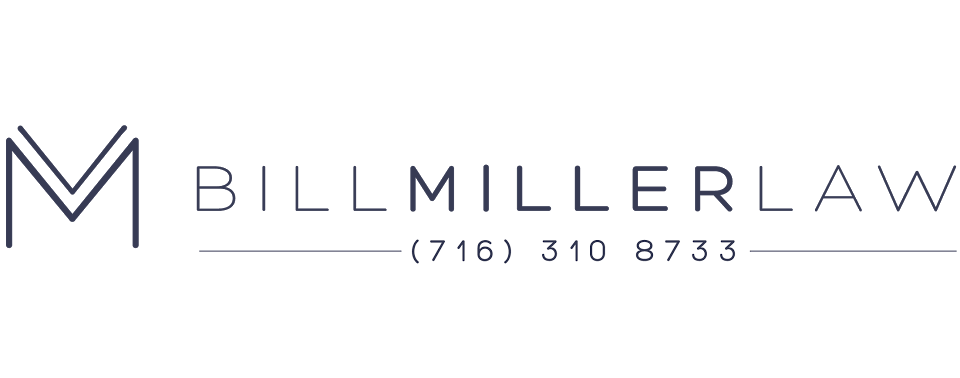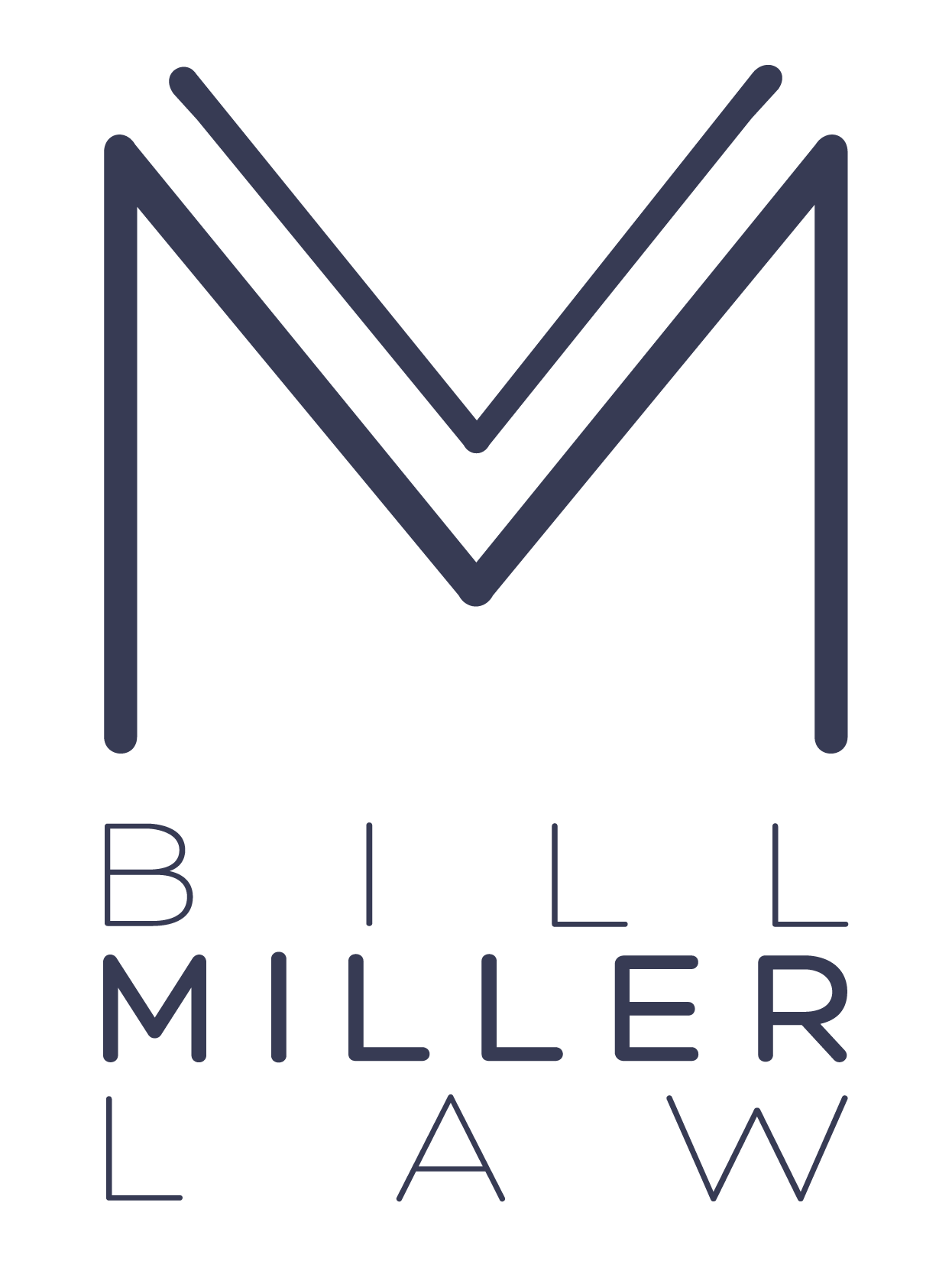A split second car accident can lead to years of emotional, financial, and physical stress. The insurance companies have set up a tangled web of rules and technicalities that can overwhelm the average victim of an accident. So here is a set of terms and players involved in pursuing a successful car accident claim.
First– The most important move you can make immediately after an accident is to make sure you and the other driver are safe, call 911 to report the accident, get an accident report from the police, and call an accident attorney like Bill Miller Law to get to work on the claim immediately.
CAR ACCIDENT VOCABULARY
Accident Report – the “Motor Vehicle Accident Report (MVA)” is the official police report recorded usually at the scene of the accident and delivered to the DMV. The MVA outlines the cause and result of the accident, who could be at fault, apparent injuries at the scene, and the accounts of the drivers, passengers, and eye witnesses.
Actual Cash Value (ACV) – how much your car was worth on the market before it was damaged in the accident. Depending on the extent of the damage, your insurance company will either repair your car or deem it a “total loss” and issue you the cash market value of the car before the crash.
Claim Adjuster – handles your claim for the insurance company. The adjuster reviews the accident report, inspects the cars involved, and works as the middle man between your attorney and insurance company throughout the claim process.
Damages – the losses you take on as a result of an accident. Damages can refer to the damage of your vehicle, damage to your health and body, damage to your emotional health, past and future money you lose from not being able to work, damages to your family life, medical expenses, and any other damage that is a result of the accident. The extent of damages will determine the value of your claim.
Deposition – car accident claims often result in depositions even if the claim does not make it to an actual trial. Depositions are sworn testimony used as evidence in a claim. Your attorney and the insurance company will ask you questions during a deposition that are intended to get the full story of the accident. It’s important to prepare for your deposition with your attorney, remain calm, and tell the truth.
Discovery – the process used by your attorney and insurance company’s attorneys to prepare the claim. Discovery involves obtaining reports, medical records, affidavits, depositions, expert testimony, and statements.
Liability – who is responsible for the accident. Sometimes it’s crystal clear who is at fault. Sometimes the responsibility is shared between the drivers and the percentage of fault is distributed accordingly which changes the value of a claim.
Lost Wages – the quantifiable money and wages you have and will lose from your job as the result of the accident.
Medical Lien – the repayment that your medical care provider or health insurance can demand to recoup any money spent in treating your accident injuries. These demands are often negotiated and come out of amount awarded in your claim.
MRI – medical imaging technology used in clinics and hospitals to diagnose your injuries.
Negligence – the actions or lack-of-actions taken by a driver that result in a failure to exhibit the “care and caution” that a normal driver should display. A drivers negligence directly affects the liability and value of a claim.
Negligence Per Se – automatic negligence usually proven through a driver breaking a traffic law that results in an accident.
No-Fault Insurance – the coverage on your automobile that is used to pay costs attributable to a car accident regardless of who is at fault.
Primary Carrier – your insurance carrier.
Serious Injury Threshold – under New York insurance law a serious injury as a result of a car accident is defined as: death; dismemberment; significant disfigurement; fracture; loss of a fetus; permanent loss of use of a body organ, member, function or system; permanent consequential limitation of a body organ or member; significant limitation of use of a body function or system; medically determined injury or impairment of a non-permanent nature which prevents the injured person from performing substantially all of the material acts which constitute the person’s usual and customary daily activities for not less than 90 days during the 180 days immediately following the occurrence of the injury or impairment.
Settlement – an agreement reached between the attorney/accident victim and the insurance companies. Settlements are common in car accident claims because they allow everyone to avoid a trial and the time/money associated with trials. Either side can pursue a settlement at any point of the claim. Your attorney cannot accept a settlement without the client’s approval.
SUM Coverage – insurance coverage that is set by the consumer to cover costs of an accident that exceed the minimum no-fault coverage.
Third Party Carrier – the insurance carrier of the other driver or drivers in the accident.
This list is intended as a brief lesson in car accident lingo to better help you if you are involved in an accident. If you have any more questions or want to talk about these or any legal issue, feel free to call or text Bill Miller Law at any time night or day.

